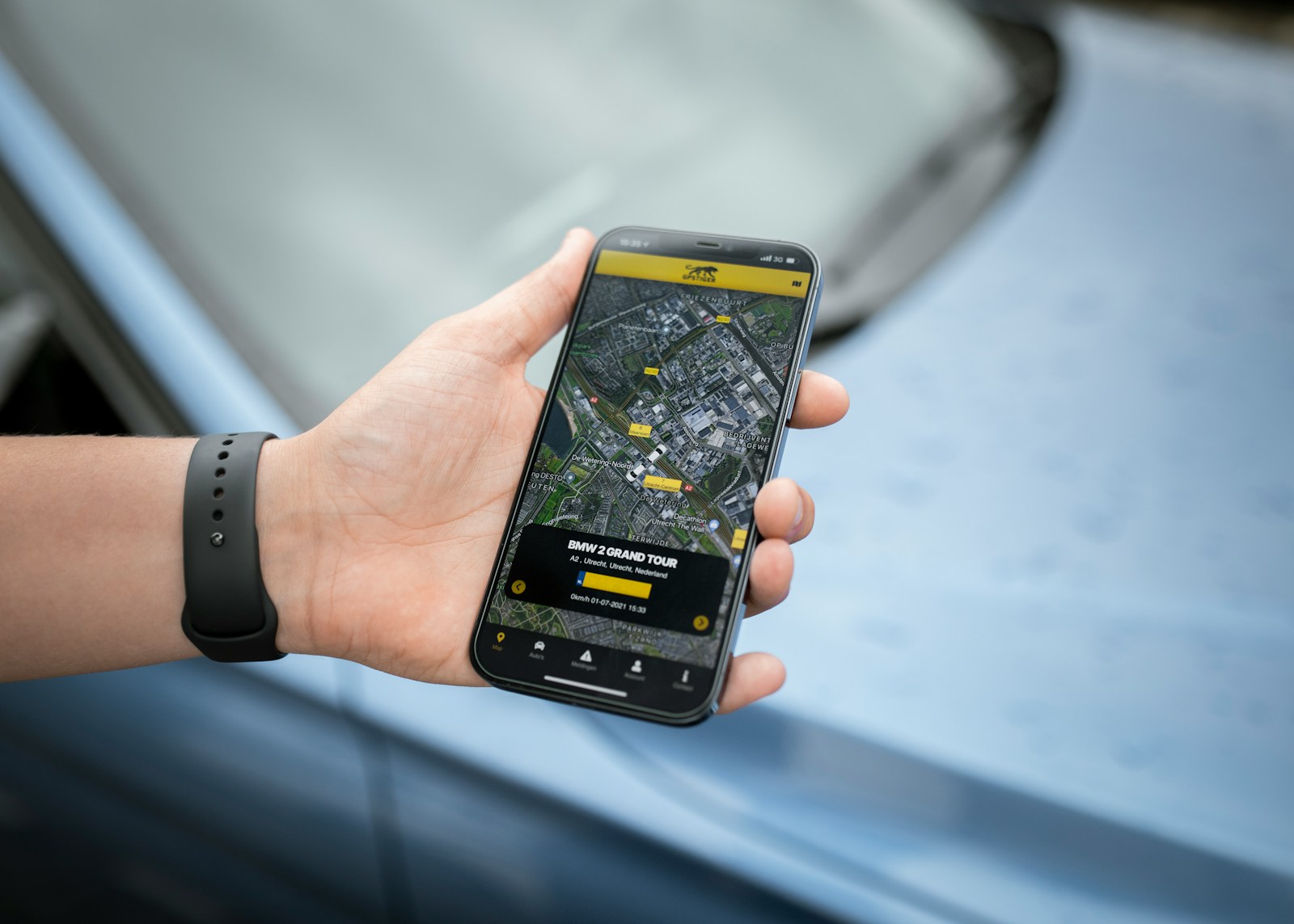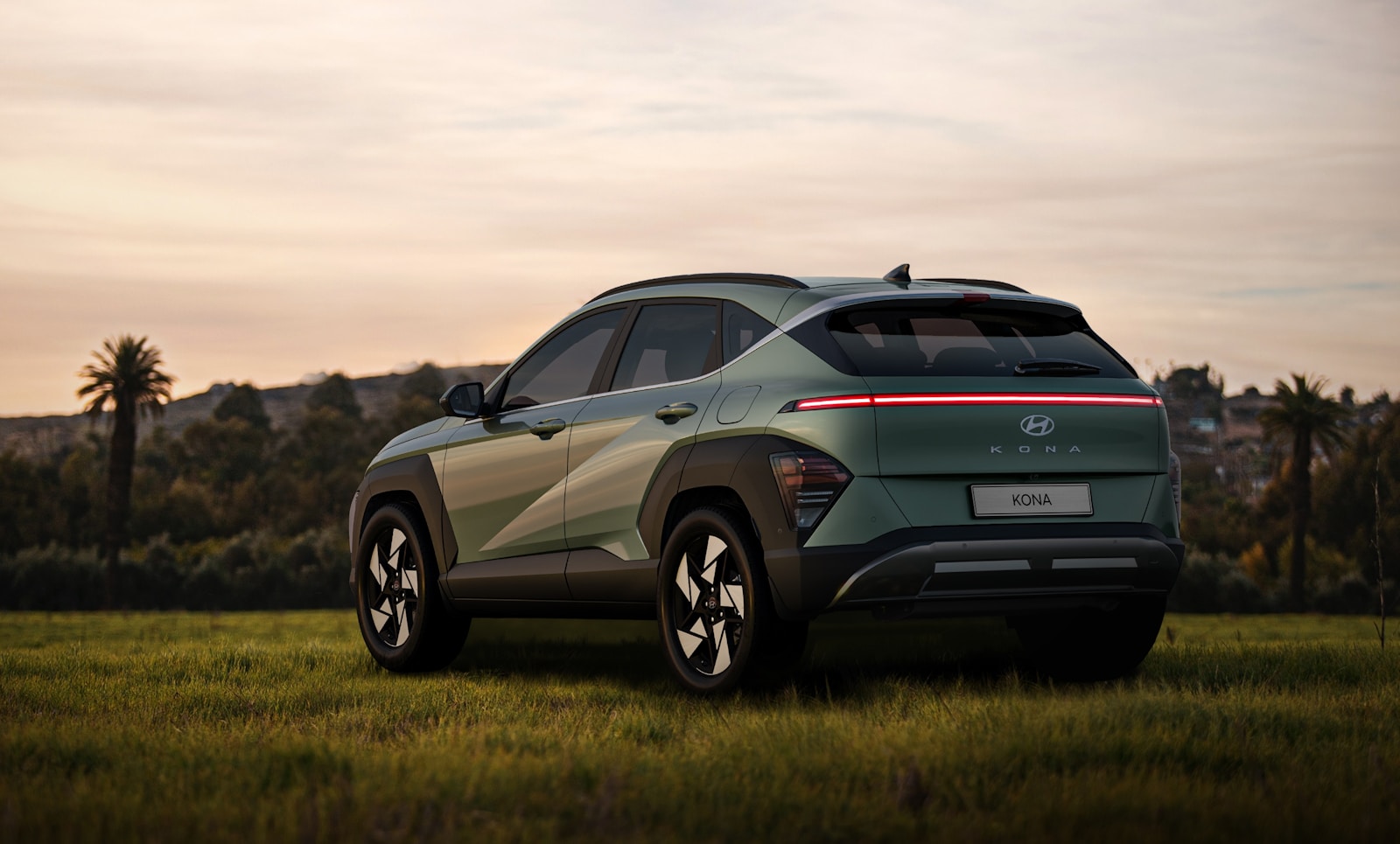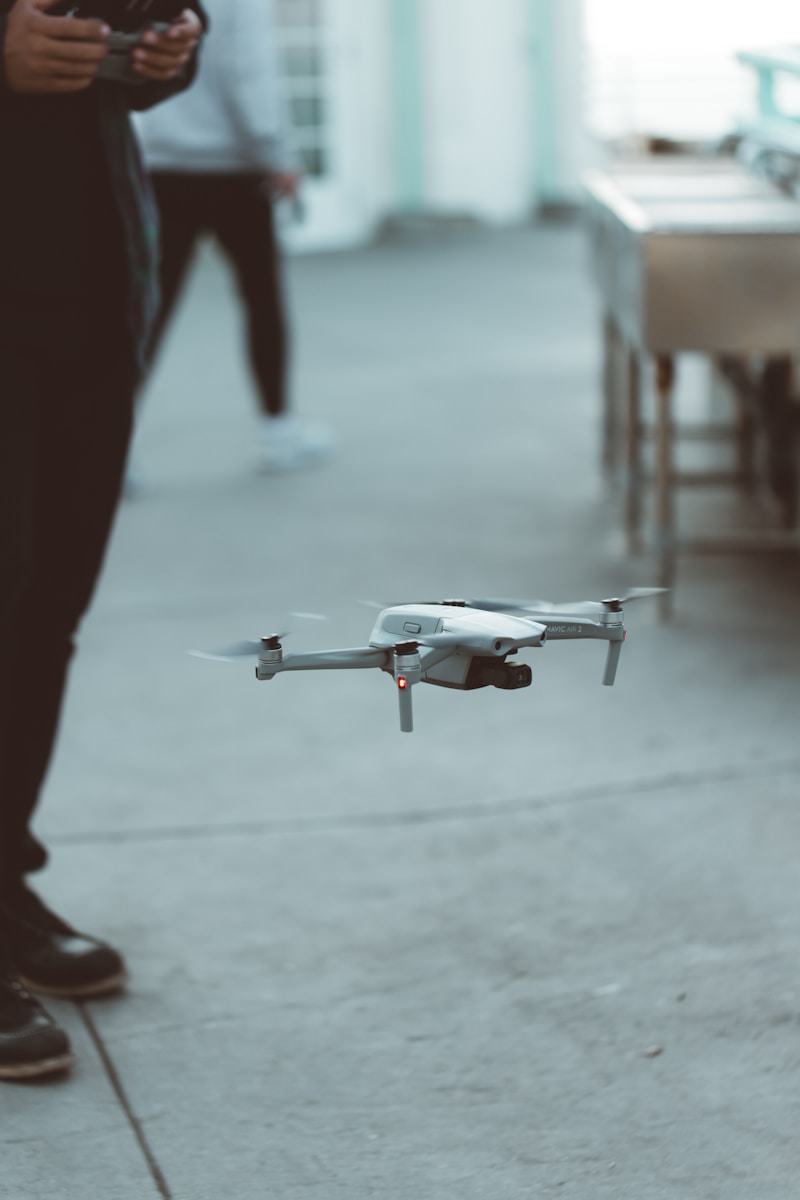How IoT is Revolutionizing the Evolution of Autonomous Vehicles
Introduction: The Future Prospects of IoT in Autonomous Vehicles
The future prospects of IoT in autonomous vehicles are driving transformative changes in the transportation sector, particularly in regions like Saudi Arabia and the UAE, where innovation and digital transformation are central to national development strategies. Internet of Things (IoT) technologies play a crucial role in the advancement of autonomous vehicle systems, enhancing their functionality, safety, and efficiency. By enabling real-time communication between vehicles, infrastructure, and other connected devices, IoT helps create a more integrated and intelligent transportation ecosystem. This is particularly relevant in cities like Riyadh and Dubai, which are at the forefront of adopting smart city initiatives that include autonomous transportation solutions.
As businesses and governments continue to explore the potential of autonomous vehicles, IoT’s role in facilitating seamless data exchange, predictive maintenance, and enhanced decision-making cannot be overstated. The convergence of IoT with artificial intelligence (AI), machine learning, and advanced sensors is paving the way for the next generation of self-driving cars that can operate safely and efficiently in complex urban environments. For business executives, mid-level managers, and entrepreneurs, understanding these dynamics is key to navigating the evolving landscape of smart transportation.
Enhancing Vehicle-to-Everything (V2X) Communication with IoT
One of the primary contributions of IoT to autonomous vehicles is the enhancement of Vehicle-to-Everything (V2X) communication. V2X encompasses various communication modes, including Vehicle-to-Vehicle (V2V), Vehicle-to-Infrastructure (V2I), and Vehicle-to-Pedestrian (V2P), all of which are essential for the safe and efficient operation of autonomous vehicles. By leveraging IoT, these communication modes enable vehicles to exchange real-time data with each other and their surroundings, facilitating informed decision-making and reducing the likelihood of accidents. In Saudi Arabia, where road safety and traffic management are high priorities, IoT-powered V2X communication can significantly improve the performance of autonomous vehicle systems.
Furthermore, IoT enhances the ability of autonomous vehicles to interact with smart infrastructure, such as traffic lights, road signs, and parking facilities. This connectivity allows vehicles to receive real-time updates on traffic conditions, road hazards, and optimal routes, which helps to optimize travel times and reduce congestion. In Dubai, where the government has set ambitious targets for autonomous vehicle adoption as part of its Smart Dubai initiative, IoT integration is a critical enabler of these goals. By improving the flow of information between vehicles and infrastructure, IoT contributes to a more efficient and safer urban transportation network.
Predictive Maintenance and Operational Efficiency through IoT
The future prospects of IoT in autonomous vehicles also include significant advancements in predictive maintenance and operational efficiency. IoT sensors embedded within autonomous vehicles continuously monitor the performance of critical components, such as engines, brakes, and batteries, allowing for real-time diagnostics and early detection of potential issues. This predictive maintenance capability helps to reduce downtime, extend the lifespan of vehicle components, and lower maintenance costs, which are key considerations for fleet operators and businesses involved in the autonomous vehicle market in the UAE and Saudi Arabia.
Moreover, IoT enables autonomous vehicles to optimize their operations through data-driven insights. By analyzing data from various sensors and connected devices, autonomous vehicle systems can adjust their driving behavior to improve fuel efficiency, reduce wear and tear, and enhance passenger comfort. For instance, in the logistics sector, where efficiency and reliability are paramount, IoT-powered autonomous trucks can optimize delivery routes, avoid traffic congestion, and ensure timely deliveries. This capability not only improves operational efficiency but also contributes to the overall business success of companies leveraging autonomous vehicle technology.
The Strategic Impact of IoT on Autonomous Vehicle Adoption
Accelerating the Adoption of Autonomous Vehicles with IoT
The future prospects of IoT in autonomous vehicles are closely tied to the acceleration of their adoption across various sectors. IoT plays a pivotal role in building public trust in autonomous vehicle technologies by enhancing their safety and reliability. Through continuous monitoring and real-time data analysis, IoT helps to identify and mitigate potential risks associated with autonomous driving, such as unexpected obstacles or system malfunctions. In the UAE, where the government is actively promoting the use of autonomous vehicles as part of its vision for a sustainable and innovative future, IoT’s contribution to safety and reliability is crucial for gaining public acceptance.
Additionally, IoT facilitates the integration of autonomous vehicles into existing transportation systems, making the transition to fully autonomous fleets smoother and more manageable. For example, in Riyadh, where traffic congestion and air quality are ongoing challenges, IoT-enabled autonomous vehicles can interact with smart traffic management systems to optimize traffic flow and reduce emissions. This integration supports the broader goals of smart city initiatives and aligns with the strategic priorities of the Saudi Vision 2030.
Business Opportunities and Challenges with IoT in Autonomous Vehicles
While the future prospects of IoT in autonomous vehicles offer numerous opportunities for innovation and growth, businesses must also navigate several challenges. One of the key challenges is the complexity of integrating IoT technologies with autonomous vehicle systems, which requires significant investment in infrastructure, software development, and cybersecurity measures. As the number of connected devices increases, so does the potential for cyber threats, making it essential for businesses to implement robust security protocols to protect sensitive data and ensure the safe operation of autonomous vehicles.
However, the opportunities presented by IoT in autonomous vehicles far outweigh the challenges. For businesses in Saudi Arabia and the UAE, investing in IoT technologies can unlock new revenue streams, enhance customer experiences, and drive operational efficiencies. Companies can develop innovative services, such as on-demand autonomous ride-sharing or smart fleet management solutions, that cater to the evolving needs of urban populations. By leveraging IoT to enhance the capabilities of autonomous vehicles, businesses can position themselves as leaders in the emerging market for smart transportation solutions.
Conclusion: Embracing IoT for the Future of Autonomous Vehicles
In conclusion, the future prospects of IoT in autonomous vehicles are shaping the evolution of transportation in profound ways, offering significant benefits for businesses, governments, and society at large. As Saudi Arabia and the UAE continue to lead the charge in adopting digital transformation and smart city initiatives, the integration of IoT with autonomous vehicle technologies will be critical for achieving their ambitious goals. By enhancing vehicle communication, improving predictive maintenance, and accelerating the adoption of autonomous vehicles, IoT is set to play a central role in the future of transportation. For business leaders, embracing IoT in their autonomous vehicle strategies is essential for staying competitive and driving success in a rapidly evolving technological landscape.
—
#IoT #AutonomousVehicles #DigitalTransformation #SaudiArabia #UAE #SmartCities #Innovation #BusinessSuccess #ModernTechnology #AI #MachineLearning #SmartTransportation #ProjectManagement #LeadershipSkills #BusinessInnovation









